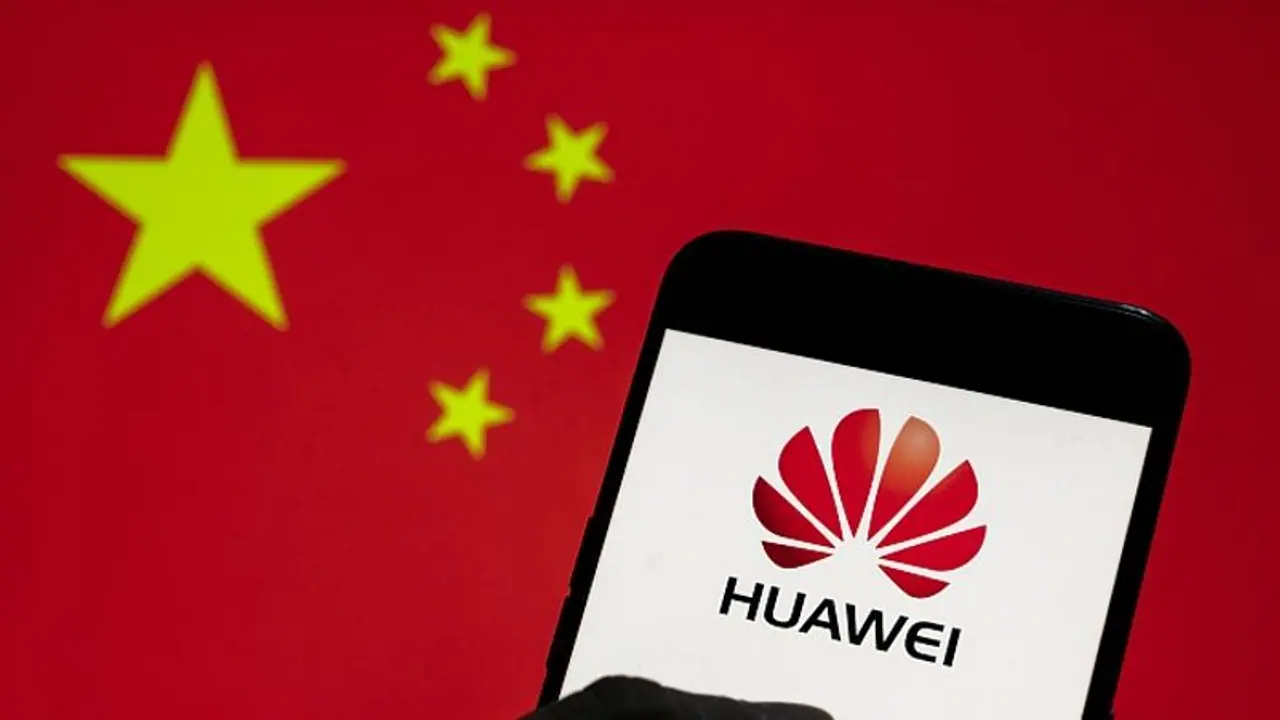Did the Pakistan government turn a blind eye and collaborate in the collection of sensitive data linked to its national security by Chinese tech giant Huawei?
In developments that could dent Pakistan's ties with its all-weather friend China, Chinese tech giant Huawei has been accused of creating a 'backdoor' to collect sensitive data "important to Pakistan's national security."

California-based Business Efficiency Solutions LLC had filed a complaint against the Chinese tech giant, accusing it of stealing trade secrets and unethical practices that allowed it to collect and view private and personal data on Pakistani citizens.
Huawei won the contract for the Safe City project in Lahore in 2016 and BES was the sub-contractor.
The complaint copy claims that Huawei managed to get access to BES's trade secrets and other intellectual property in its possession.
'Huawei used its knowledge of BES's technology to begin secretly procuring certain portions of the latter's software systems from other sources -- including from vendors BES identified to Huawei. Huawei also began to use one of BES’s software systems to establish a backdoor from China into Pakistan that allowed Huawei to collect and view data important to Pakistan’s national security and other private, personal data on Pakistani citizens,' the complaint claims.
BES claims that it was contracted to develop eight software systems, including one called the Data Exchange System.
The DES could collect vital data from numerous agencies in Pakistan such as the national ID card agency, excise and customs, cellular companies, land records, tax records, immigration and passport authority. This collected data was stored in a data warehouse and made available through custom-designed interfaces for investigative use and real-time analysis by law enforcement agencies.
It also developed software that:
* Enabled security and controls access to buildings and sensitive areas within buildings;
* Enabled monitoring, surveillance, and prompt and effective emergency response by law enforcement agency;
* Enabled CCTV network
* Enabled monitoring of social media as well as of print and broadcast media
* Enabled use of industrial-strength drones to be deployed to perform monitoring services from the air.
Trouble began when Huawei sought that the low-level designs of these BES systems to China for testing. This was never part of the agreement with Huawei, BES claims.
Under pressure and after preparing confidentiality agreements, BES claims it handed over the systems to China. In October 2016, BES received information that its Data Exchange System had been
successfully deployed in China.
However, once the testing was completed, BES claims, Huawei revoked the US firm's access to the laboratory in China, without explanation.
The software has yet not been returned by Huawei, BES claims in its petition.
BES also claims that in 2017, Huawei demanded that full access to the Data Exchange System in Lahore and wanted it duplicated in its lab in China. When BES denied the request, stating that this would require the Pakistan government's permission, Huawei then indicated that "approval from the Pakistani government was not necessary".
'Later, Huawei-China and its Pakistani arm indicated that they had got approval from the Pakistani government. Huawei threatened to terminate the agreements between the parties and withhold all payments owed to BES unless BES installed the duplicate DES system in China. In light of Huawei's affirmative representations that they had the approval of the Pakistani government, the duplicate DES system was installed in China,' the petition says.
'Huawei-China uses the Data Exchange System as a backdoor from China into Lahore to gain access, manipulate, and extract sensitive data important to Pakistan's national security,' it further claims.
BES alleged that Huawei and the Pakistani government terminated their deal without compensating it for the software. Now, Huawei is allegedly using the repurposed BES software in other 'Safe City' projects in Pakistan and countries around the world like Qatar, Dubai, the United Arab Emirates, and Saudi Arabia.
